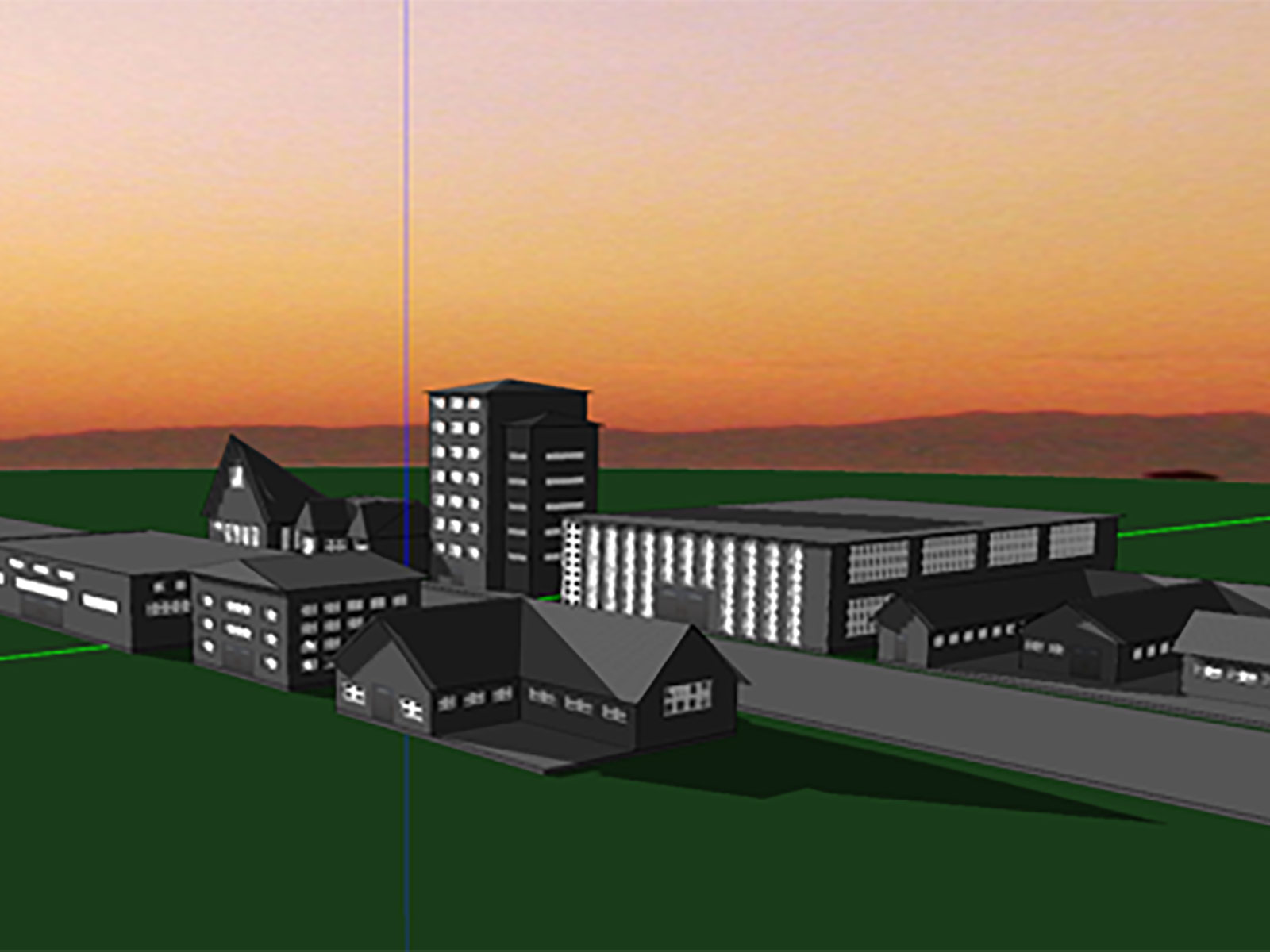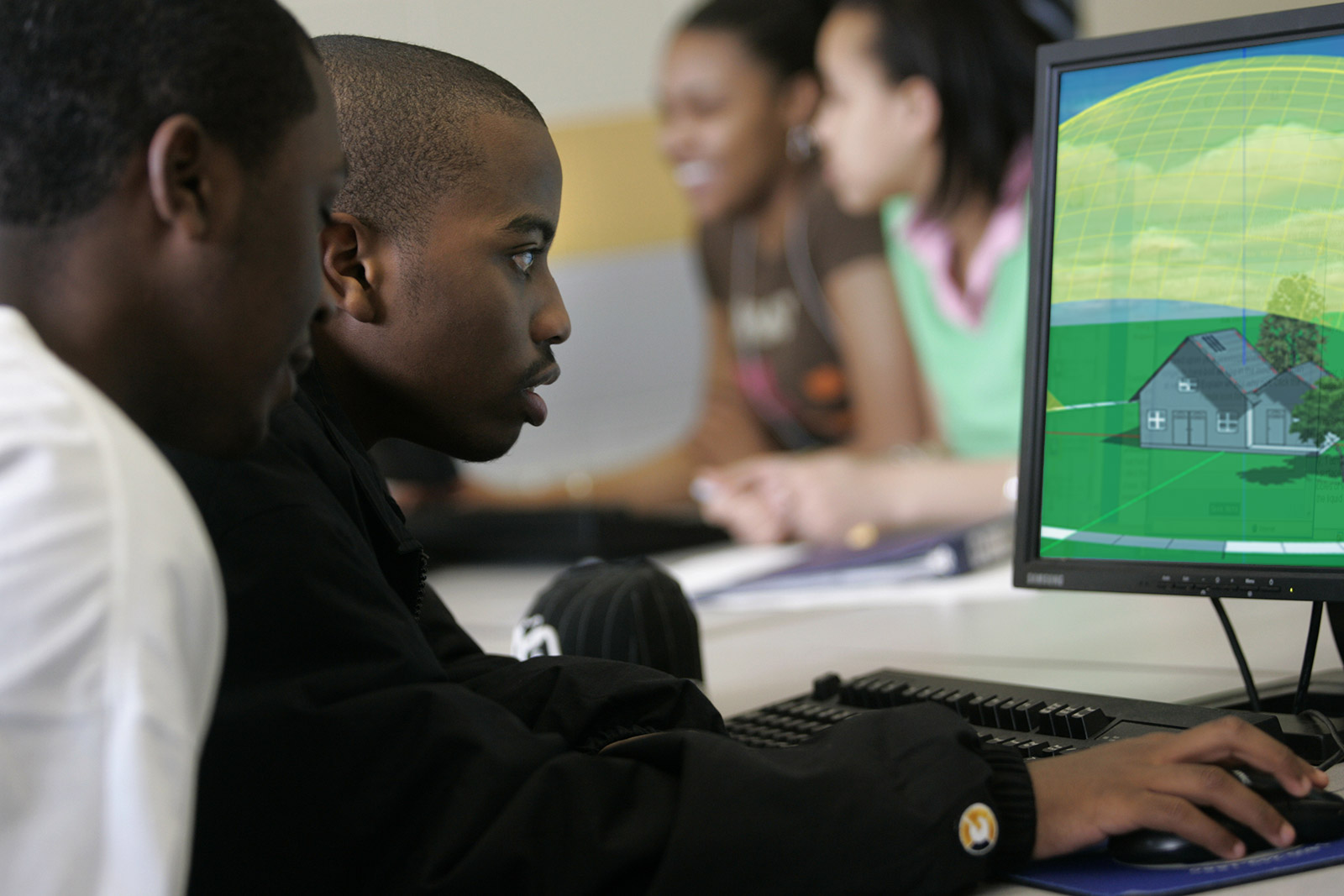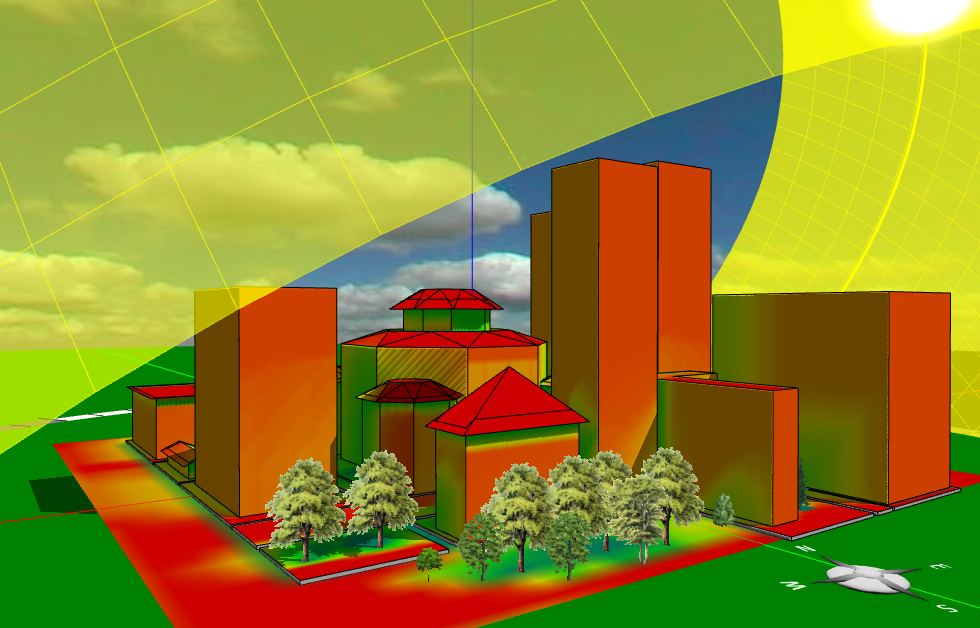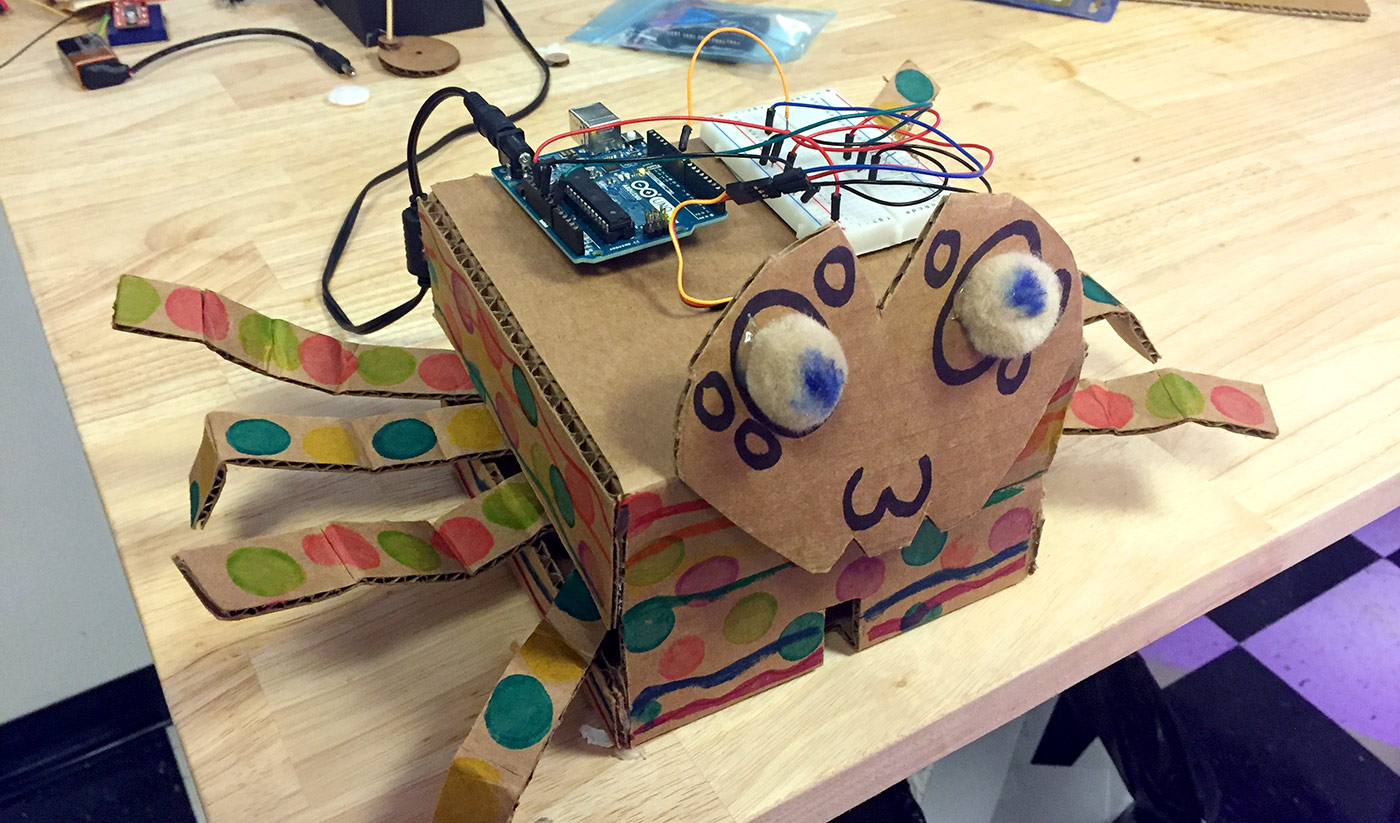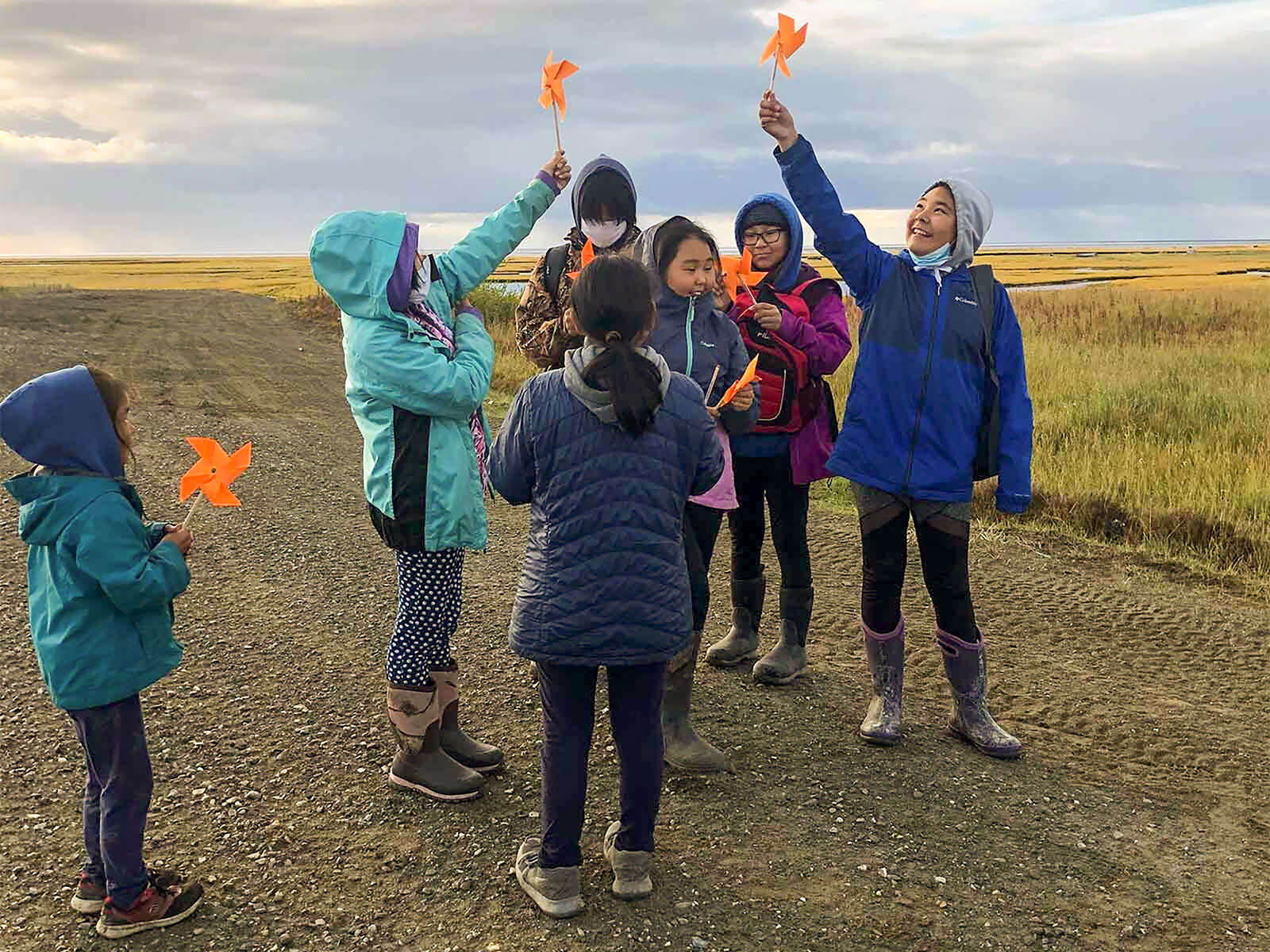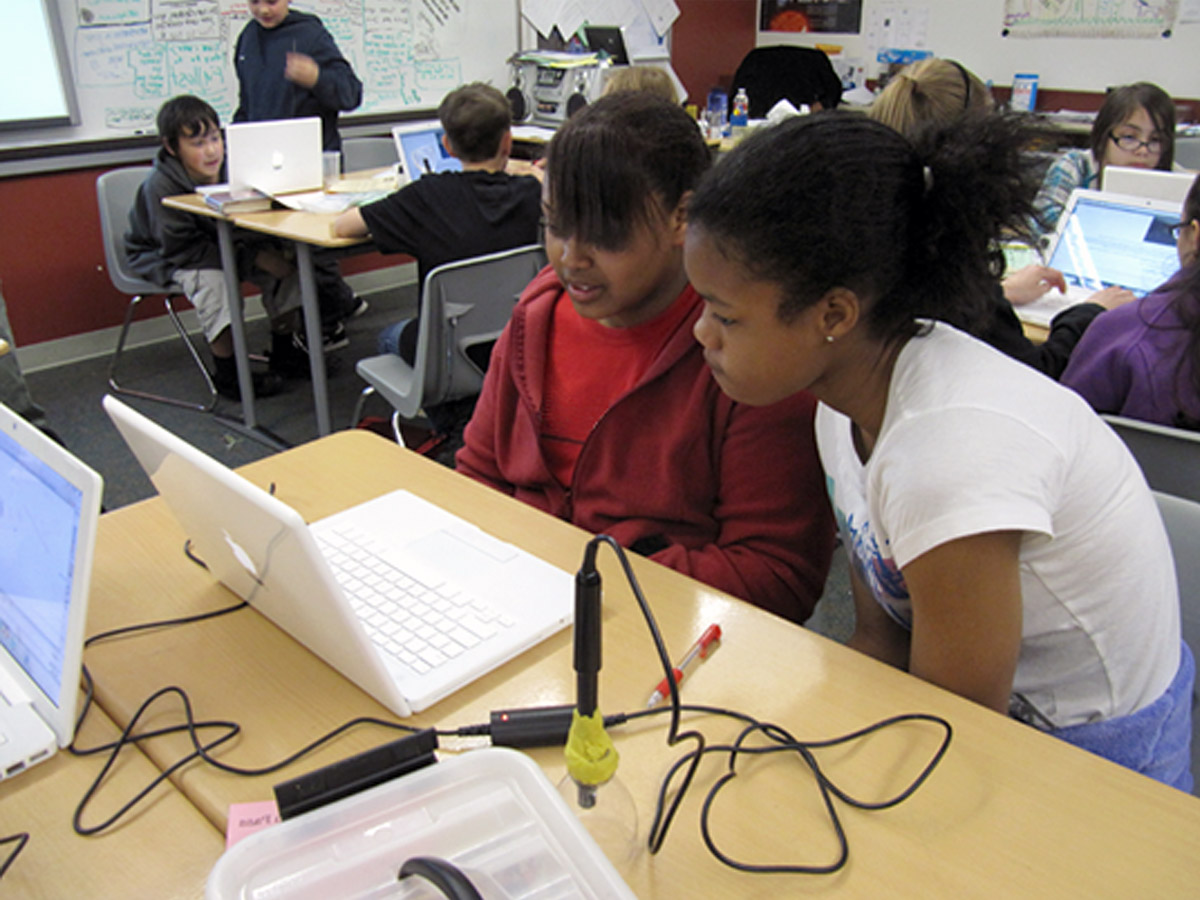SimBuilding
Importance
As the design and operation of buildings becomes more scientifically based, technicians must now understand basic building science concepts. The Concord Consortium and Santa Fe Community College (SFCC) are developing innovative simulation games for teaching building science, integrating them into existing courses, and evaluating their educational effectiveness.
With input from an Advisory Board plus industry leaders, game developers, and education experts, we have created SimBuilding, a 3D simulation game that is an accessible and fun way to teach building science, providing complementary experiences to hands-on learning.
The SimBuilding game engine supports three types of simulation games: diagnostics games, construction games, and operation games. Each type maps to a cluster of science concepts and practical skills related to real-world jobs. A critical innovation will be the use of advanced multi-scale building simulation methods to generate realistic hygrothermal data, to support the game mechanics, and to produce compelling visualizations (e.g., virtual infrared thermograms). Computer-aided training is realized using an intelligent tutor to create instant feedback to direct the gameplay based on learners’ states and inputs. Learner data will be automatically logged and analyzed to reveal details of their learning. To meet the diverse needs of online green building education, these games will have both English and Spanish versions and will be flexible enough to be embedded into any online course and customized by an instructor.
Pilot tests were conducted in four community colleges in New Mexico through SFCC’s Center of Excellence for Green Building and Energy Efficiency. Data collected from these tests will be used to assess the degree of success of SimBuilding in education and training. High school teachers in New Mexico were introduced to these games through free summer workshops to catalyze green building education at the grassroots level.
